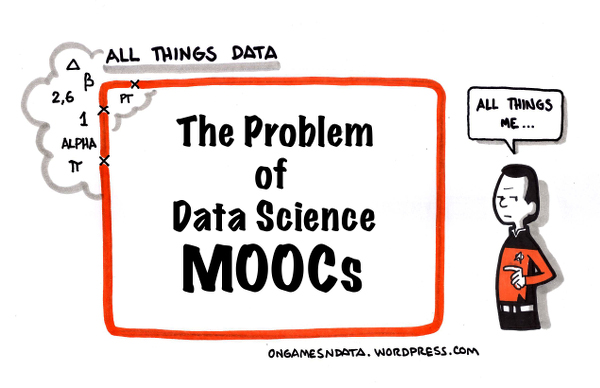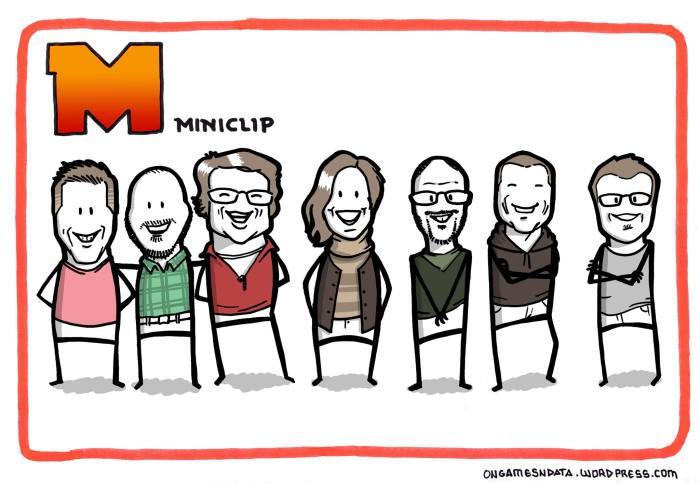
I like comedy a lot and stand up in particular. Some years ago I saw a video of The Blue Collar Comedy Tour. While I am not a fan and was only mildly entertained, there was a piece of it by Jeff Foxworthy that, I learned later, it’s sort of his stand up business card. That piece is widely known as “You might be a redneck”.
To Jeff, the definition of redneck is and I quote “The glorious absence of sophistication”. Let’s save this bit for later…
The reason why I’m writing this post is because in this day and age every knowledge worker claims to be data driven(*)… and many aren’t. This is a very touchy subject. The reason is simple. If everyone around me says they are data driven, it is very hard for me to admit that I’m not. It is even harder to say “I don’t know” when everyone seems to know.
Trust me on this, most don’t know! It is ok to not know. It is the prerequisite to start learning. The problem is that with so many people “knowing” there is a vast widespread glorious absence of data sophistication… See what I did there? 😉
Continue reading



